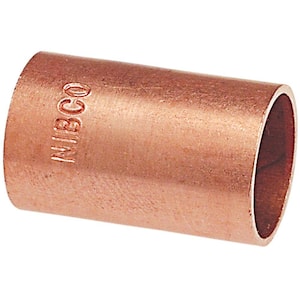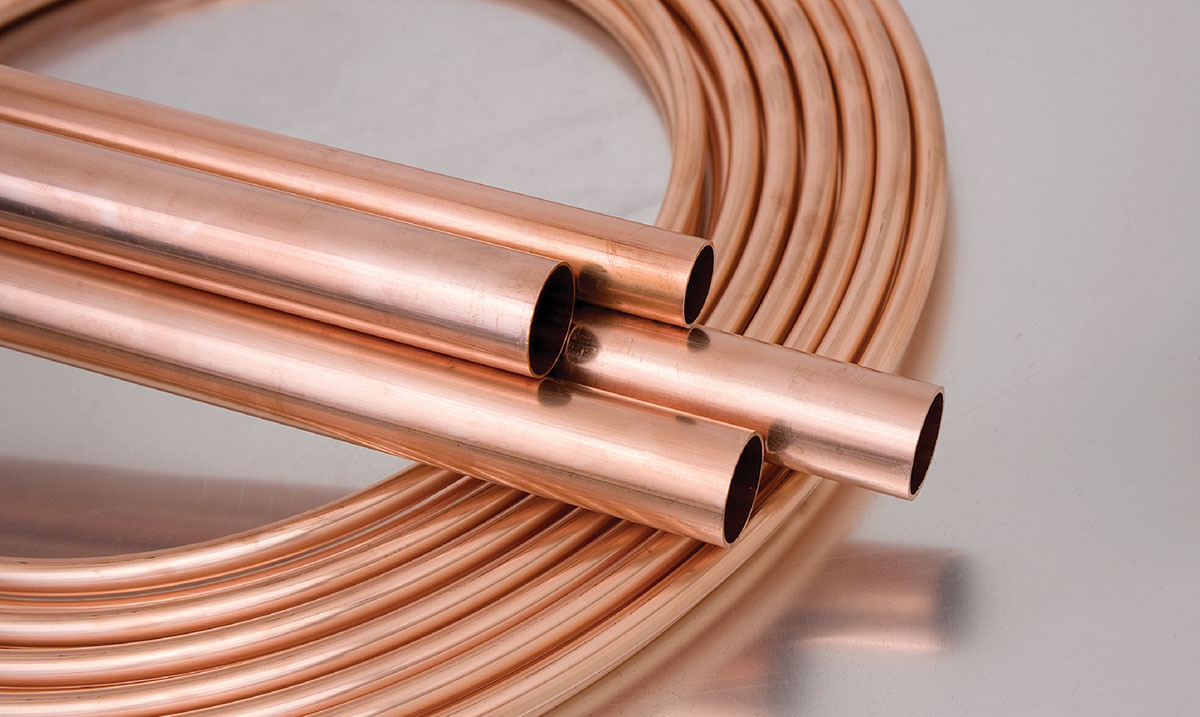Why Copper Products Are Essential for Electric Applications and Reliable Circuitry
Why Copper Products Are Essential for Electric Applications and Reliable Circuitry
Blog Article
Just How Copper Products Contribute to Lasting Practices in Different Markets
In eco-friendly energy systems, for instance, copper boosts the capability of solar and wind technologies, while its application in building reduces waste with longevity. As sectors look for to adopt even more sustainable practices, the duty of copper could show essential in achieving environmental goals.
Copper in Renewable Resource
Copper plays a vital function in the improvement of renewable power innovations, acting as a crucial conductor in numerous applications. Its extraordinary electric conductivity and resistance to rust make it a suitable material for electric circuitry, which is necessary in photovoltaic panels, wind turbines, and energy storage systems. In solar photovoltaic systems, copper is made use of in the interconnections and circuitry, allowing reliable energy conversion from sunshine to electricity.
In wind energy, copper is important to the generators and transformers that convert kinetic power right into electric energy, making sure optimal performance and reliability. Additionally, the demand for electrical cars (EVs) is enhancing, with copper being an essential component in batteries, motors, and charging infrastructure. The transition to EVs substantially improves the demand for copper, as these vehicles typically make use of four times much more copper than traditional internal burning engine automobiles.
As the globe looks for to minimize environment modification and shift to lasting energy resources, copper's duty comes to be progressively vital. The product not only boosts the performance and sturdiness of renewable resource systems yet also supports the broader objective of reducing greenhouse gas exhausts and advertising a sustainable future.
Eco-Friendly Building And Construction Materials
In the last few years, there has been a noteworthy change towards the adoption of environment-friendly construction materials in action to growing ecological worries. This modification is encouraged by the need for lasting choices that minimize ecological impacts while keeping architectural stability and visual allure.
Copper, known for its sturdiness and recyclability, has emerged as a vital player in this sector. It can be used in roofing, plumbing, and electrical systems, adding to power performance and reducing waste. Copper's longevity means less replacements with time, more boosting its sustainability account.
In addition, materials such as bamboo, redeemed wood, and reused steel are obtaining appeal. These choices not only supply minimized ecological impact however additionally advertise resource preservation. As building codes progressively highlight sustainability, building contractors and architects are incorporating these materials into their jobs, fostering innovation in layout.
The enhancing adoption of eco-friendly building and construction products mirrors a broader dedication to sustainability in the developed atmosphere. By focusing on these products, the building market can considerably decrease its carbon footprint, line up with regulative requirements, and sustain a healthier ecological community for future generations. This trend marks a crucial step in the direction of a more sustainable future in building and construction.
Copper's Role in Medical care
Current researches have highlighted the substantial role of copper in healthcare setups, specifically as a result of its antimicrobial homes. Copper surface areas have actually been revealed to reduce the presence of virus, including infections and microorganisms, by approximately 99.9% within a short period. This impressive effectiveness makes copper an invaluable material for high-touch surfaces in hospitals, such as doorknobs, bed rails, and IV poles, consequently adding to boosted infection control steps.
Along with its direct antimicrobial effects, copper likewise contributes in the wider context of medical facility sustainability (Copper Products). By incorporating copper into medical equipment and furnishings, healthcare facilities can reduce the occurrence of healthcare-associated infections (HAIs), which not only improves individual end results but likewise reduces the costs connected with extended medical facility keeps and extra treatments
In addition, copper's sturdiness and recyclability straighten with lasting practices, permitting responsible source More about the author monitoring. As health care systems significantly focus on both individual safety and security and environmental stewardship, the integration of copper products is ending up being more widespread. This twin advantage emphasizes copper's important payment to a healthier, safer, and more lasting healthcare atmosphere.
Sustainability in Transport

Additionally, copper's sturdiness and corrosion resistance contribute to the long life of transport facilities (Copper Products). In rail systems, for example, copper parts enhance the reliability and effectiveness of signaling and power systems, crucial for decreasing delays and power consumption. Additionally, copper's role in eco-friendly energy systems, such as solar and wind, sustains lasting transport services by providing tidy energy for electrical transportation choices
Investments in copper modern technology not just foster sustainability yet likewise boost economic growth Discover More and work creation in eco-friendly industries. As markets make every effort to fulfill strict environmental regulations, the application of copper items in transport becomes a critical method in attaining sustainability goals and promoting a cleaner, extra efficient future.
Copper and Round Economic Climate
As the world increasingly accepts sustainability, the role of copper in the round economic situation comes to be ever before a lot more considerable. Copper's inherent residential properties-- such as its conductivity, durability, and recyclability-- placement it as a vital material in a resource-efficient economic climate. The round economic climate aims to lessen waste and maximize source usage via recycling and reusing materials, and copper master this regard.
The metal can be reused forever without loss of quality, making it a suitable candidate for lasting methods throughout numerous fields, consisting of building, electronic devices, and renewable resource. By recuperating and recycling copper from end-of-life products, markets can substantially lower the requirement for virgin materials, therefore reducing ecological influences connected with mining and handling.
In addition, the assimilation of copper right into round economic climate structures not just conserves resources however also cultivates technology. Organizations that focus on copper recycling add to a more sustainable supply chain, improving their competitiveness while lining up with click here to read regulatory demands and customer choices for ecologically responsible items.
Final Thought
To conclude, copper items dramatically add to sustainable methods throughout numerous sectors. Their vital function in improving renewable resource modern technologies, promoting environment-friendly building and construction materials, sustaining infection control in medical care, helping with sustainable transport, and embodying the concepts of a round economic situation highlights the flexibility and importance of copper. By integrating copper into various applications, sectors can accomplish greater effectiveness, lower environmental impact, and align with global sustainability objectives, eventually promoting a more lasting future.

Copper's outstanding conductivity makes it a favored material in electrical car (EV) systems, enhancing power effectiveness and performance. Additionally, copper's function in sustainable power systems, such as solar and wind, sustains sustainable transportation options by offering clean energy for electrical transit alternatives.
Their vital duty in enhancing sustainable energy technologies, advertising environmentally friendly building products, sustaining infection control in health care, promoting lasting transport, and embodying the principles of a round economy emphasizes the adaptability and significance of copper.
Report this page